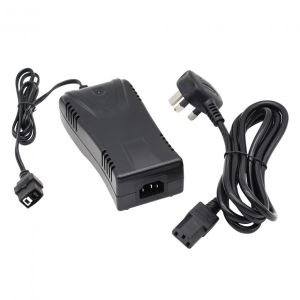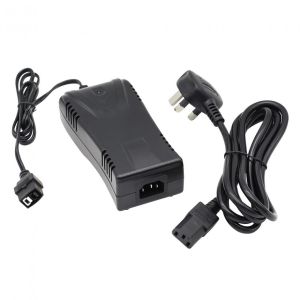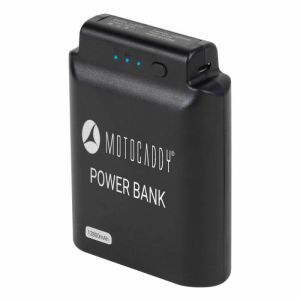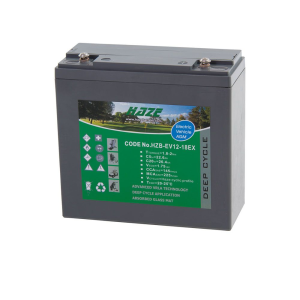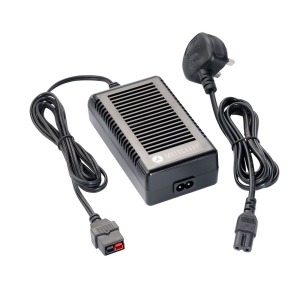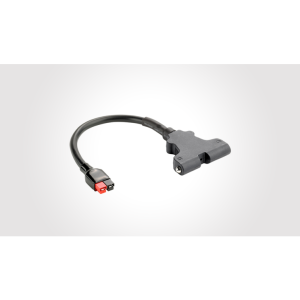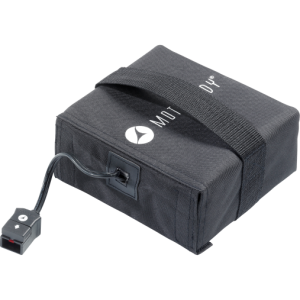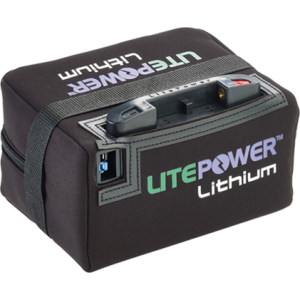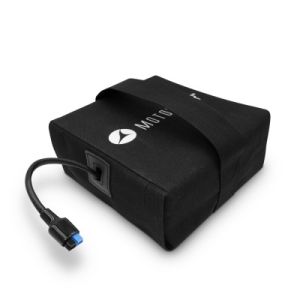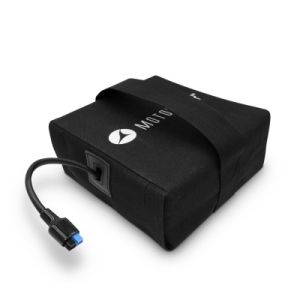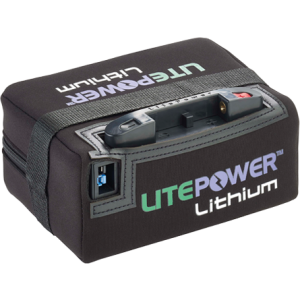We use cookies to make your experience better. To comply with the new e-Privacy directive, we need to ask for your consent to set the cookies. Learn more.
Golf Batteries & Chargers

Golf Batteries and Chargers
Relying on a reliable battery for golf is vitally important.
Lithium batteries have revolutionized golf cart powering with their innovative solution of low maintenance needs and longer life span than lead acid batteries.
Battery type
No matter whether you own or sell golf cart batteries, it is crucial that you understand how to care for these vehicles properly. This involves understanding battery type, amperage and maintenance schedules in order to extend battery lifespan while decreasing replacement needs. By following these tips you can extend their lifespan and lower replacement needs over time.
Lead-acid deep cycle batteries are the standard choice in golf carts and designed to be regularly discharged and recharged, offering reliable power when required. Available as either FLA (flooded lead acid), AGM or gel varieties in various sizes and voltages - lithium batteries have become increasingly popular due to their longer lifespan and lower weight.
Your golf cart battery charger selection is essential to its health and longevity. A quality charger should be designed with insulation that prevents overcharging, which could potentially harm the battery; additionally, safety cutoffs shut off power consumption once charging has completed; plus some programmable chargers allow for customized charge profiles specific to battery types like the Delta Q IC650 48 V lithium golf cart battery charger which has this ability.
Maintaining an optimal battery condition requires regular care, including brushing the terminals and cable connections with a wire brush dipped in baking soda solution to eliminate corrosion. In addition, it's crucial that you keep track of its state of charge and float voltage; never allow your battery to become completely discharged or more than 80% discharged; using hydrometer and voltage tester tools regularly can provide valuable insight into any issues with performance that might be present.
Amperage
A charger's output in amps corresponds directly to how quickly electricity flows through it; higher amperages allow your batteries to charge faster. Your exact needs depend on what kind of golf cart battery and voltage configuration it uses; for instance, 48V carts use four 12-volt batteries that must each be charged individually for optimal operation.
Lithium batteries have quickly become one of the go-to choices for golf cart batteries, providing superior performance, longevity and light weight features compared to their lead acid counterparts. They require special chargers, however, and tend to be more temperature sensitive.
A good battery charger should be able to sense the condition of each battery it charges, and adjust its charge cycle accordingly. Some chargers also include automatic shutoff when your batteries have reached full charge. You should regularly inspect them using hydrometer or voltage tester to make sure that they remain healthy; any low or uneven readings could signal an imbalance that requires equalizing or replacing a cell.
If your golf cart is no longer operating quickly as before, it could be time for a battery replacement. A new battery can provide increased power while on-board chargers make charging it convenient wherever there is AC access.
The IC650 48-volt battery charger was created to charge multiple batteries simultaneously in parallel and is ideal for electric pallet jacks, floor care machines, scissor lifts and other industrial equipment that requires high performance charging systems. It features microprocessor-controlled design which supports various battery types and brands - including lithium-ion.
Type of charger
Maintaining golf carts - and the batteries that power them - is essential to making sure they're available when customers need them. A few simple practices can extend their lifespan. Avoid discharging below 80% and check for signs of weakness using hydrometer, voltage tester, or load tester; any weak batteries should either be equalized or replaced immediately.
Lithium batteries make an excellent addition to a golf cart as they are lighter in weight and require less maintenance than their lead-acid counterparts. However, lithium batteries must be charged and stored correctly in order to deliver optimal performance if you want to upgrade. When adding lithium batteries, make sure you purchase a charger designed specifically for them to ensure optimal results.
Golf cart battery chargers tend to be significantly less expensive than their replacement counterparts and much simpler and quicker to install - not only will you save money over time but it's a smart investment that could actually pay for itself over time!
BatteryMINDer(r) can dramatically extend the lifespan and performance of your batteries compared to what came standard on your golf cart chargers. By eliminating daily, weekly, or monthly maintenance normally required of standard main chargers and preventing water loss due to overcharging, programmable models exist that work with any battery configuration including lithium.
On-board chargers
On-board chargers used on golf carts are similar to those found in cars and trucks in that they charge the batteries on your electric vehicle, readying it for driving. Most chargers feature high-quality fuses to protect against overheating or short circuiting; additionally they can accommodate different battery types including lithium as well as be adjusted accordingly in terms of voltage and amperage settings for each battery type.
On-board chargers are essential to extending the lifespan of batteries, so if yours has become less powerful or takes longer to charge than usual or has stopped completely, these could be signs that something is amiss with its charger and it may need replacing.
The Dual Pro Eagle series of 48V 18A golf cart battery chargers offers fan cooling and temperature compensated charging profile to provide for safe use with all kinds of batteries, from flooded, AGM, gel batteries etc. These chargers are made in the United States with three year warranties.
Lithium batteries require a different charging protocol than other types of batteries due to their smaller size and more complex electrochemistry. Lithium battery chargers have been specifically designed to handle this intricate electrochemistry and can be programmed to properly charge your lithium batteries.
An on-board charger will extend the lifespan of your batteries and lower maintenance costs. Be sure to inspect them regularly, clean the terminals as necessary, store them in an ambient room temperature environment and test with a multimeter to make sure they have been charged fully.
Programmable chargers
Programmable golf cart chargers boast many features designed to maximize battery performance. This type of charger automatically monitors and controls battery charging rates to ensure proper charging, prevent overcharging, and keep batteries at optimal levels of charge. Plus, these remote controlled chargers can even be controlled via laptop or smartphone! Furthermore, these units are an ideal fit for electric vehicles, providing different charging modes suited to each of their charging modes and your needs.
If you are considering upgrading to lithium golf cart batteries, it is crucial that you conduct extensive research on various lithium battery manufacturers to find one that meets both your budget and requirements. Lithium batteries boast longer lifespans than lead ones while being lighter - ideal features when considering small vehicles like golf carts that need light batteries with long lifespans that also require minimal maintenance costs. A quality lithium cart battery may even cost less to maintain over its lead counterpart!
The Allied Battery 48V 30Ah Lithium Battery features high-quality steel plate cylindrical cells designed to withstand the wear and tear associated with golf cart use, featuring a battery management system (BMS) to safeguard cells against overcharging or undercharging, plus an inbuilt waterproof DC-to-DC voltage converter to allow 12V accessories to connect directly with it.
Programmable chargers make an excellent addition to an electric golf cart because they efficiently convert AC power to DC current, thus relieving stress on local power grids and saving you money in energy costs over time. Furthermore, programmable chargers offer enhanced end user experiences by being able to adjust voltage and current charging for different battery types; making this feature especially advantageous in multi-battery systems.
- Motocaddy M-Series 28V Extended Lithium Battery & ChargerSpecial Price £319.00 Regular Price £349.00
- Motocaddy M-Series 28V Standard Lithium Battery & ChargerSpecial Price £269.00 Regular Price £289.00
-
-
-
-
-
-
-
- Motocaddy M-Series 12v Extended Lithium Battery & ChargerSpecial Price £299.99 Regular Price £329.99
- Motocaddy M-Series 12v Standard Lithium Battery & ChargerSpecial Price £269.99 Regular Price £289.00
-

